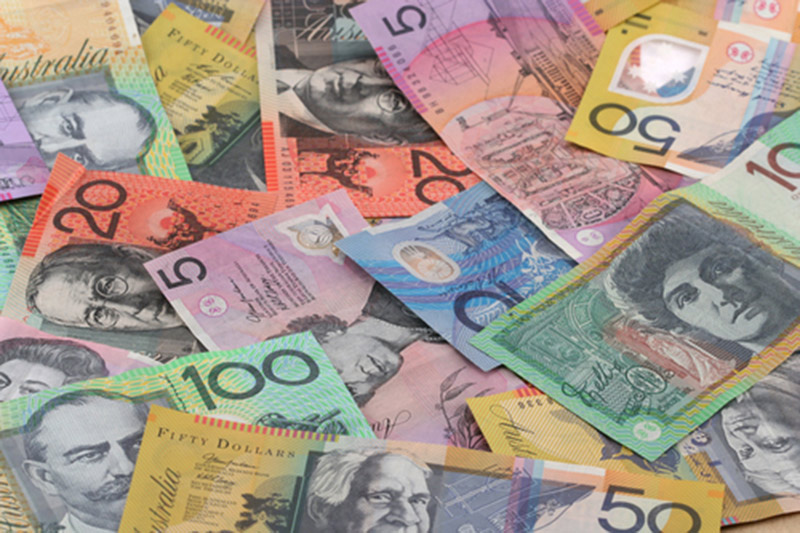Investing.com - The Japanese yen strengthened smartly after the market digested a jump in consumer prices in April above expectations and the Australian dollar also gained on better than expected private sector credit data.
USD/JPY traded at 101.62, down 0.17%.
April national core CPI (excluding perishables but including energy) rose 3.2%, compared to expectations for a gain of 2.9% on year, an 11th straight year-on-year rise and the highest since July 1991 due to the April consumption tax hike to 8% from 5%.
The April unemployment rate held steady at 3.6%, unchanged from March and in line with forecasts.
Household spending fell 4.6%%, more than the drop of 3.2% expected on year in real terms. It was the first decline in two months after a gain of 7.2% in March.
Japan's April industrial output fell 2.5% in April, more than the drop of 2.0% expected month-on-month.
In Australia, the RBA's private sector credit data rose 0.5% for April, beating expectations of a 0.4% month-on-month rise.
AUD/USD traded at 0.9322, down 0.15%.
Overnight, the dollar traded lower than most major currencies on news the U.S. gross domestic product contracted more than expected in the first quarter, though losses were limited as rough winter weather made the economy look worse than it really was.
The Bureau of Economic Analysis revealed earlier that the U.S. gross domestic product contracted 1.0% in the first quarter, after a preliminary estimate showed growth of 0.1%.
Market expectations had been for a 0.5% contraction. It was the first decline in U.S. GDP since the first quarter of 2011, and the dollar softened on the news, reminding investors that even when the Federal Reserve winds down stimulus programs, rate hikes won't come for some time afterwards.
Still, the report did contain some positive data.
Consumer spending, which drives more than two-thirds of U.S. economic activity, increased by 3.1%, up from the preliminary estimate of 3.0%.
Sentiments that rough winter weather bruised the economy in the first three months of the year as opposed to a major drop in demand supported the greenback as well.
Elsewhere, the National Association of Realtors reported that its pending home sales index rose 0.4% in April, missing expectations for a 1% gain.
Separately, the Department of Labor said the number of individuals filing for unemployment assistance in the U.S. last week fell by 27,000 to 300,000, exceeding expectations for a decline of 9,000.
The US Dollar Index, which tracks the performance of the greenback versus a basket of six other major currencies, fell 0.05% at 80.49.
On Friday, the U.S. is to round up the week with a report on personal income and expenditure as well as revised data from the University of Michigan on consumer sentiment.
